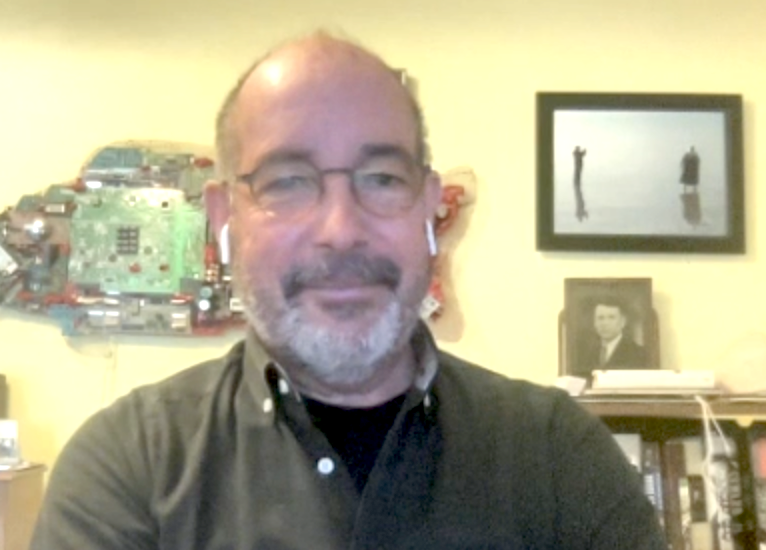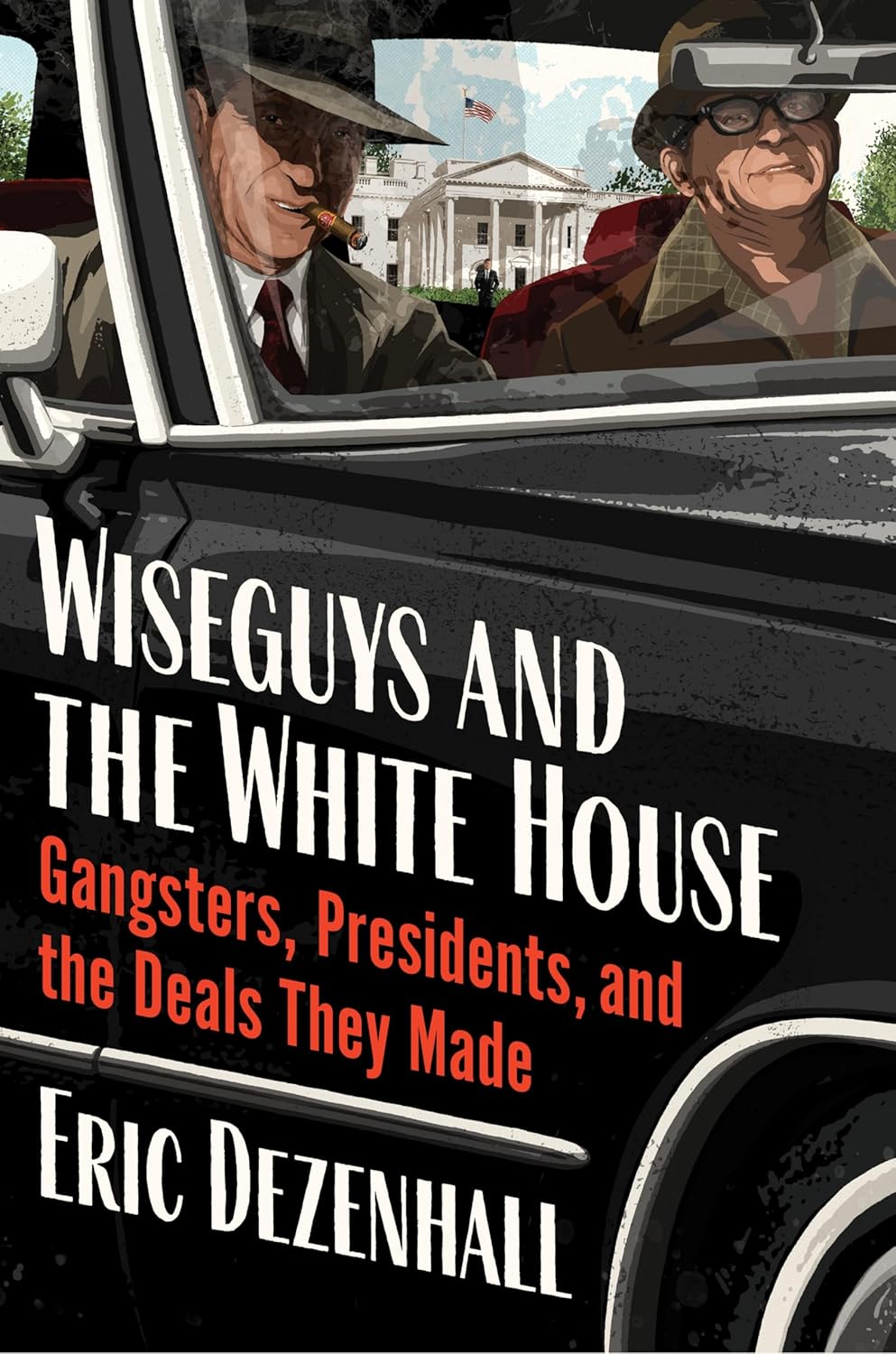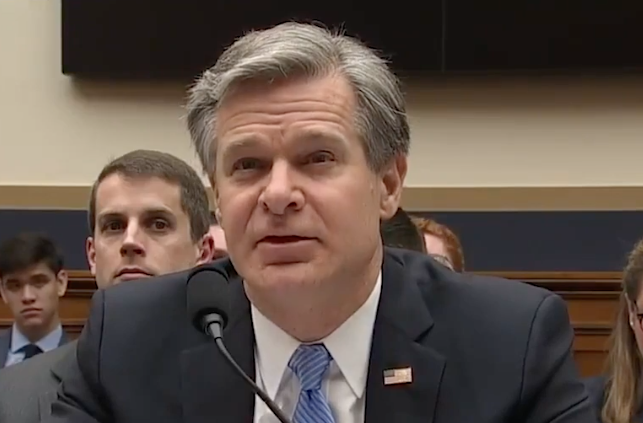 By Allan Lengel
For AOL News
By Allan Lengel
For AOL News
The judge called it a case of “road rage” — a hot-tempered DEA agent who lost control after a minor collision in 2003 and beat the other driver, leaving him with life-changing head injuries and emotional scars.
On Sept. 17, U.S. District Judge Julie A. Robinson, who presided over the civil trial against the federal government, awarded the beaten driver, Barron R. Bowling, $833,250. The Drug Enforcement Administration and the U.S. attorney’s office in Kansas said they were reviewing the judge’s written ruling involving the agent, Timothy McCue, who still works for the agency.
The award, to most, sounds like a big chunk of money. But on Wednesday, Bowling’s father said he was unhappy with the cash figure and complained that the agent hadn’t been fired.
“Knowing the mental and physical damage that’s been done to my son, he deserved a lot more than that,” Bob Bowling, a retired equipment technician for the city of San Diego, told AOL News. “He’s been rather reclusive. It changed his personality, he’s not outgoing like he used to be. I’d say he’s slightly paranoid, untrusting.
“His grandfather was an assistant police chief in Alabama,” the elder Bowling said. “He would roll over in his grave if he knew [the agent] hadn’t been fired, lost his retirement and gone to prison. That’s exactly what I think should happen.”
The incident happened on July 10, 2003. According to the judge’s written findings, Barron Bowling, now 36, a union cement worker, was driving down 10th Street in Kansas City, Kan., in his Lincoln Continental, headed to a drugstore to fill a prescription for pain medication following a dental procedure. The street was one lane but big enough to accommodate two cars.
As he drove, he noticed a Chevy Monte Carlo on his right, which was attempting to pass him illegally. Bowling accelerated to prevent the car from passing. The Monte Carlo, which was a government vehicle carrying three DEA agents, accelerated to get around Bowling, the judge noted.
“Just as [Bowling] was incensed at McCue’s attempt to pass him on the right, McCue was incensed at [Bowling’s] attempt to prevent him from passing on the right,” the judge noted.
The cars sideswiped one another. McCue claimed that Bowling smiled at him and then rammed his car, almost forcing him to crash, and that he resisted arrest. The judge found that much of McCue’s testimony lacked credibility and that the collision appeared to be an accident.
Whatever the case, Bowling pulled over. McCue and another agent rushed toward him, yelling at him to get out of the car. McCue had his gun drawn, and the men “announced at least once they were law enforcement,” though a witness nearby said he never heard them announce they were police.
The two agents then pulled Bowling out of the car and laid him facedown on the blistering hot pavement. It was nearly 100 degrees that day.
As the agents tried to handcuff him, Bowling tried to lift his face and torso off the hot pavement, which they perceived as resisting arrest, the judge wrote. McCue began hitting Bowling with a closed fist in the face. The judge also noted that he may have struck Bowling with his gun.
McCue then cuffed both arms, and federal agents lifted him up and placed him in a seated position behind Bowling’s car. McCue then kicked Bowling multiple times with “the type of force that could also cause the closed head injury that” Bowling sustained, the judge wrote.
Meanwhile, throughout the ordeal, McCue “unleashed his anger verbally,” calling Bowling such things as “white trash” and “system-dodging inbred hillbilly,” the judge wrote. Witnesses at the scene said that McCue threatened to kill Bowling and that on three separate occasions, law enforcement agents “walked” McCue away to calm him down.
A police officer at the scene assured Bowling he would not be charged because of the accident. But the agents arrested him and turned him over to police on charges of causing the accident. He was convicted of having drug paraphernalia — a marijuana pipe. He was acquitted of the charges stemming from the accident.
As an side note, Kansas City Police Detective Max Seifert, who investigated the matter, was told by an officer to cover up for the DEA agents “because you know what happened down there,” the judge wrote.
But Seifert conducted a thorough investigation and consequently “lost his career over this case” because he essentially didn’t try to cover up anything, the judge noted. “Seifert was shunned, subjected to gossip and defamation by his police colleagues, and treated as a pariah,” the judge wrote.
Bowling is not able to work at this time due to the injuries.
“The attack has left plaintiff, the family breadwinner and father of four with substantial physical and emotional impairments,” the judge wrote. “Since the arrest, he has suffered from a myriad of physical and mental symptoms and problems, including disabling migraine headaches almost daily, dizziness, hearing loss, constant tinnitus (ringing in his ears), problems with balance and stumbling, nausea (especially when working in the heat), flashbacks, insomnia … and one incident of attempted suicide.”
Despite that laundry list of ailments, his father says Bowling is pleased that “basically the truth has been told.”




